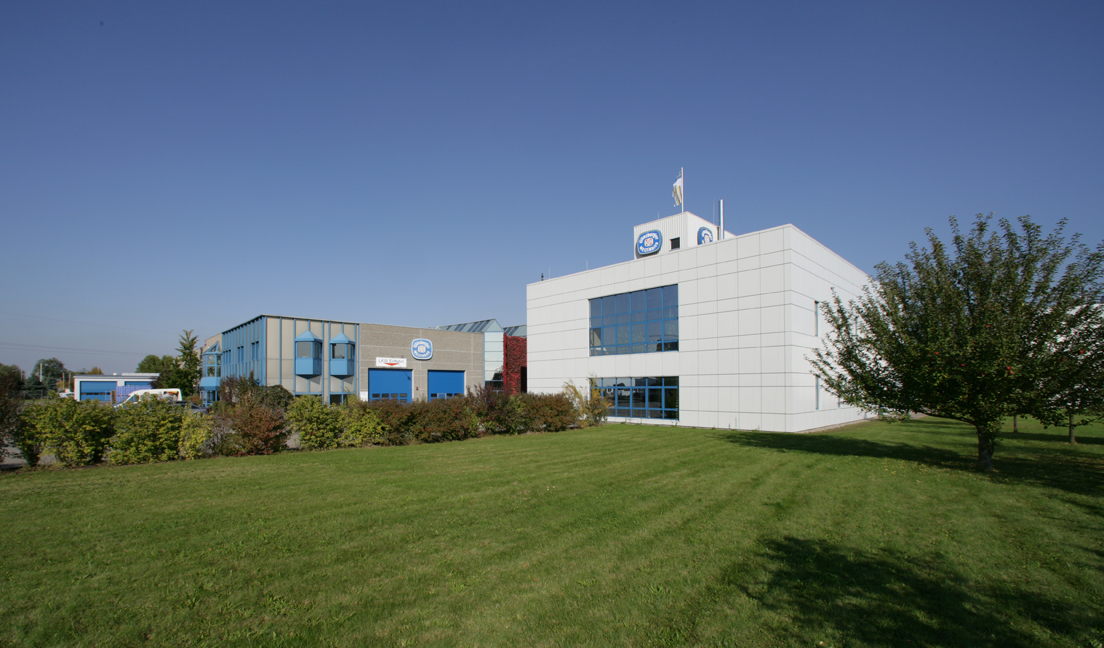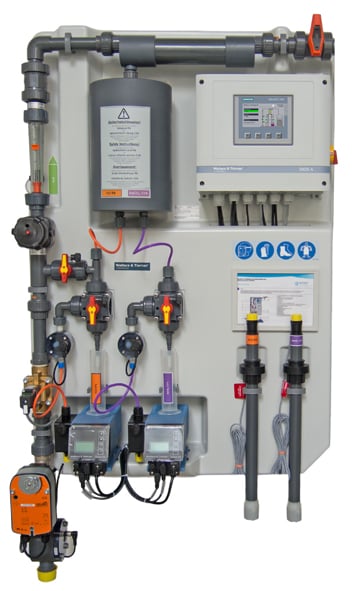Background
- Chlorine dioxide is often used in production as a preventative measure to protect against bacteria, viruses and some parasites
- Chlorine dioxide is tasteless
- Chlorine dioxide does not react with amino compounds and does not form any strong-smelling chlorophenols
Customer Profile
The Günzburger Radbrauerei is a traditional, family-run company. Now in its seventh generation, it brews wheat beer specialities as well as Märzen and Helles varieties. With a strong demand for fresh beers, the wheat beer specialist sells its products within a 50-kilometre radius, primarily to food retailers and wholesalers.
Challenge
In three construction phases from 1984 to 1997, the last remaining brewery in Günzburg moved to a new building in Donauried after it had outgrown its premises in the heart of the old town. The brewery obtains its process water from the nearby town waterworks. The water is filtered in the brewery and then softened. After several alterations and expansions, the brewery's pipeline network had branched out - a key reason for master brewer, Ralf Sittig to consider the use of chlorine dioxide.
Solution
After exchanging experiences with colleagues, the practical test was ultimately decisive: Sittig added chlorine dioxide to the process water. Sittig confirmed, after the chlorine dioxide was added, the taste of the beer brewed remained perfect.
The responsible parties decided on the Wallace & Tiernan® DIOX-A 100 chlorine dioxide system manufactured by Evoqua Water Technologies. The critical factor was the combination of pressure-resistant chlorine dioxide measurements with an SFC device. The advantage is that the measuring water used (33 litres per hour) is not discarded but fed back into the main supply line.
The chlorine dioxide batch system doses the chlorine dioxide solution prepared from dilute hydrochloric acid and dilute sodium chlorite solution into a storage container (up to 80 grams per hour). From there, the solution is dosed into the main water flow depending on the flow rate. Subsequent measurements show the chlorine dioxide content to be on average 0.05 mg / l. A separate dosage is provided for the bottle washing machine. The associated injection point in the feed line of the penultimate wash cycle has already been installed and will soon be put into operation.


